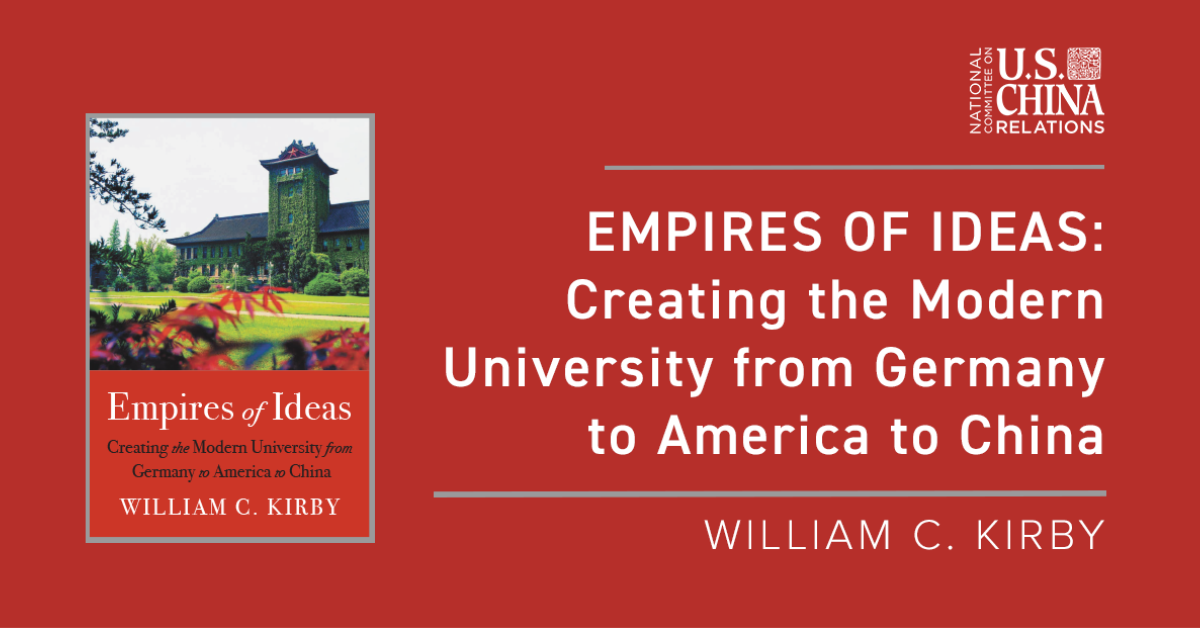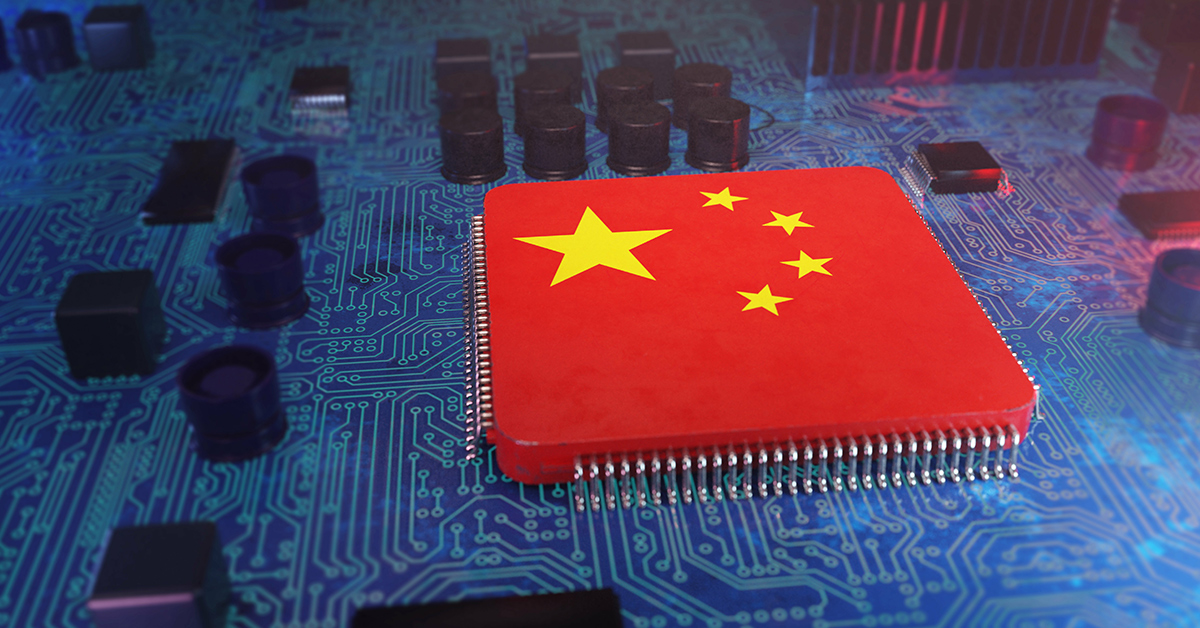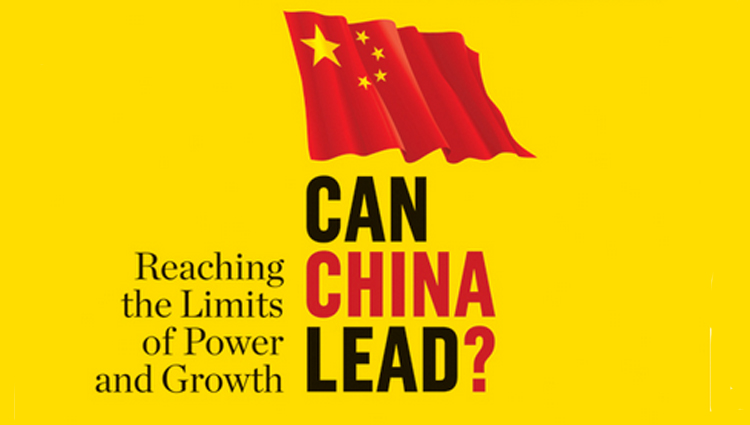William C. Kirby discusses the rise of Chinese universities and whether China will become the global education leader in the 21st century.
Paul Clifford discusses whether slowing reform and increasing autocracy threaten China's development and stability.
Zhengzhen Tan, Sarah Tatsis, and Weiping Wu examine the rise of smart cities in the United States and China.
John Wall, Michael Yuan, and Karlyn Stanley discussed the state of autonomous vehicle development and regulation in the United States and China.
Winston Ma explored China’s innovation in the newest tech areas: the Internet of Things, AI, blockchain, cloud computing, and data analytics.
How Chinese science fiction may provide a window into national aspirations and sources of potential conflict as China aims to become a global innovation leader.
In this thought-provoking book, noted China experts from Harvard Business School and the Wharton School assert that while China has experienced remarkable economic growth in recent decades, it now faces major challenges–tests that could shift the country’s political and economic trajectory. A lack of accountability, transparency, and ease of operating in China, combined with growing […]
As part of an overall strategic review, the Rockefeller Foundation asked the National Committee to help it look at how China’s emergence affects the foundation’s strategies and goals. The China Project is an ongoing series of seminars and discussions begun in 2005 with the aim of providing the Foundation staff an opportunity to examine the global and regional impacts of China’s rise and its implications for Foundation programming around the world. The focus is on issues the Foundation staff identified as important to their programmatic goals.






